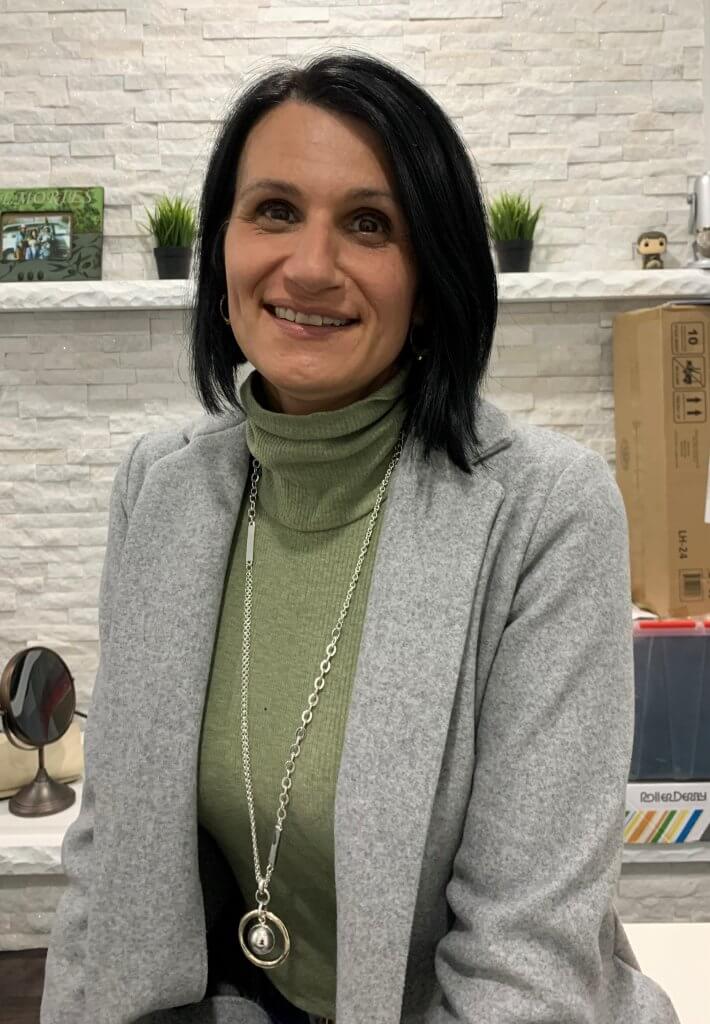No products in the cart.
Guest post by Sue Sadana

When becoming a foster parent we learn a lot about the legalities and rules. We do not learn how to live with children who come from an environment that is totally different than ours or suffer trauma. ‘Understanding’ creates empathy and ‘Knowledge’ is Power! These strategies helped me in raising my biological children as well. Trauma is something we all go through!
EMPOWERING PARENTING
Read this over when you are struggling with your role as a parent! It will get you out of the pain and from that place you take better action!

Photo by Mengliu Di from Pexels
SAFETY
Kids really need to feel safe. I mean emotionally as much as physically. We think just because we give them four walls and a roof, and three meals a day that is it. However, this new age of awareness has taught us that we are all emotional beings and if they do not feel safe emotionally it plays out into their entire lives. Sometimes we don’t realize that having a sick parent or a parent that passes or is abusive impacts the level of safety children feel.
BOUNDARIES
Be clear with your boundaries. Being a parent is being firm but tender. It is unrealistic to teach a child that you have no boundaries and that nothing makes you upset. If they do not see you having boundaries how will they create their own? Success in life is dependent upon your boundaries. You are not a doormat and boundaries also teach them about respect and are an example of genuine caring. It is up to you to let your kids know who you are. Do not let them dictate to you who they think you are. You tell them who you are. It is about being predictable. If you are predictable then they will know how to navigate around you.
VALUE
Take them at face value. Don’t go too much by what you hear about them. I try not to listen. I have learned that kids behave differently with everyone. You be in control of your relationship with them. This would actually be doing them a favor. It is up to you to make it how you want. Dr. Phil is right – You teach people how to treat you!
THEY KNOW NOTHING
Assume they know nothing about how you do things and then you can be pleasantly surprised when their behaviors begin to mimic yours and the ones that need changing are not so shocking.

LAUGH as much as you can – If necessary be a little silly.
LOVE
Teach them that love isn’t just a word that they hear from their bio mom as she waves goodbye to continue her life without them, but love is also shown by being there every day and working through life’s little challenges like proper hygiene and school.

Photo by Pixabay from Pexels
FAIRNESS & RESPECT
Be fair and treat them with respect. When they do something good they need to be praised and when they do something “bad” they need to be shown other ways to handle situations and they need to have real-life consequences. This is by far the most important. It is really what either makes or breaks the relationship. They want to feel like all the other kids and somewhere deep down they know or will eventually know when they grow up that that is when you really cared because you cared enough to tell them it was the wrong way and helped them figure out the right one. Be REAL because the minute you stop, so do they.
Along with great power comes great responsibility and these kids sometimes have to make serious decisions about their life. You can only be a support. Help them to become solid in who they are by making them feel safe and allowing them to just be kids. A parent is the one who makes the hard choices and so does a foster parent. You will have limitations but you just do the best you can.
NO STRINGS ATTACHED
Knowing what you do should have no strings attached. These kids can leave at any moment so work day by day and make memories out of the small stuff.
THEY MAY NOT KNOW ANY BETTER
They come from places of extreme violence and dysfunction. So they “don’t know any better”. They will not learn your way in a day. It will take at least 3-6 months to build trust. They need new pictures and actions in their mind to erase the ones they come with. I say it takes the same amount of time in a good environment to start to make a real change. I had a boy who was just killing me after he had been with me for 5 years. He was always negative and hated everything. His tone was that of a chauvinistic male. Just when I was about to throw in the towel – so to speak I said something to him about a game, he got upset and began one of his usual comment sessions. However I noticed that his tone was changing – just slightly but enough for me to notice that I am slowly changing his imprint and now when he speaks that happier tone is also beginning to take root in his subconscious.
THEY ARE SCARED

Photo by Ahmed akacha from Pexels
DO CARE
They just want to feel like someone that actually cares and doesn’t just say they do.
KINDNESS
Sometimes it almost hurts to feel all of that kind if you never really had any before.
BLANKET THERAPY
One of the first things the kids will see me do is put a blanket on myself when I sit/lay on the couch. Yes, I love to do this and watch a show. If you have ever been to my house you will also notice that everyone else has a blanket also. When the kids cover themselves with a blanket they create a feeling of safety. It is also good in groups because we can be together and all feel safe and protected under our blankets. We don’t share. Now they have created a safe and relaxing space for themselves. Hello, personal empowerment! It really calms them down. The key really is in what they see you do with the blanket. So my suggestion is just to lay there because you both probably need to relax!

Photo by Arvind shakya from Pexels
ROLE MODEL
Have an active role in their life. Don’t tell them what to do show them. For example – don’t tell them to read, read with them and make it fun. Sometimes let them read a page out loud from their book and you read them one from yours. Don’t just get them to set goals but let them see you setting your goals like making dinner every night and exercising. Also, be sure to share the days when you kind of failed and how you handled it. I am pretty sure you are not going to punch a hole in the wall and instead give yourself a pep talk about how tomorrow you will be better.
ADHD, ADD, ODD, ATTACHMENT DISORDER, LOW FUNCTIONING, PARENTIFIED, etc.
Remember all these diagnoses are just a guide for you to be able to live with these kids on a daily basis. Know your options. Try different things, try different tones, make funny faces and see what works. Don’t judge them by their label. Spend time observing them and learning about them. Nothing makes people feel more cared for than when someone takes an interest in learning about who they really are. When a new child walks through my doors they start with a clean slate.

Photo by Alex Green from Pexels
FOOD
Had to mention this. They are hungry and ‘hangry’. Let them eat what they crave for the first little while. They are scared and stressed. Food is comfort and they need that. They have just been ripped away from their parents – rightfully so – so go easy. Not stupid – no one in any world is eating gummy worms all day! If they want to eat grilled cheese and bananas only let them, and watch them. This is when the caring starts. You know how much they need to eat so monitor them. Be a guide. They may steal the food and hide it in their room. Don’t get upset. Just learn something about them. They didn’t always have food and they probably did not eat regularly so they are stealing the food they have because they aren’t sure that the fridge will always have food in it. Once you learn and can begin to empathize with them the trust will be beginning to be built and then you can introduce your style of eating.
However, you live to talk about it at random. Bring it up in different situations and also explain why you choose this way. Remember to talk age appropriately. Words they will easily understand. Remember, they may act like they are not listening but their subconscious is taking it all in and you never know when some of the pearls of wisdom you drop will come out of their very mouths.
IT REALLY DOES TAKE A VILLAGE TO RAISE A CHILD.
About the Author:

Sue Sadana is a Certified Life Coach and Transformational Coach specializing in working with parents who have challenging children. Her goal is to help parents Cope, Empower and Achieve. It is her experience as a therapeutic foster parent for the past 17 years that has made her a leading expert in this field. She works with parents to take their power back, stop suffering and teaches them how to bring the joy back into their families with a simple shift in their parenting psychology. She is a master thought leader, motivational speaker and has been a guest on several podcasts, social media interviews, as well as giving workshops in schools and community centers. Sue is a single mother of two biological children and transitionned 3 foster children into adulthood. All 5 have started to create amazing lives and careers for themselves. They are her driving force. She continues to be an advocate for children in her community and regularly volunteers Her mission is to break the negative cycle of trauma and abuse. Let her help you to create a new design for your family! You can find her on her Facebook Page & Instagram.

